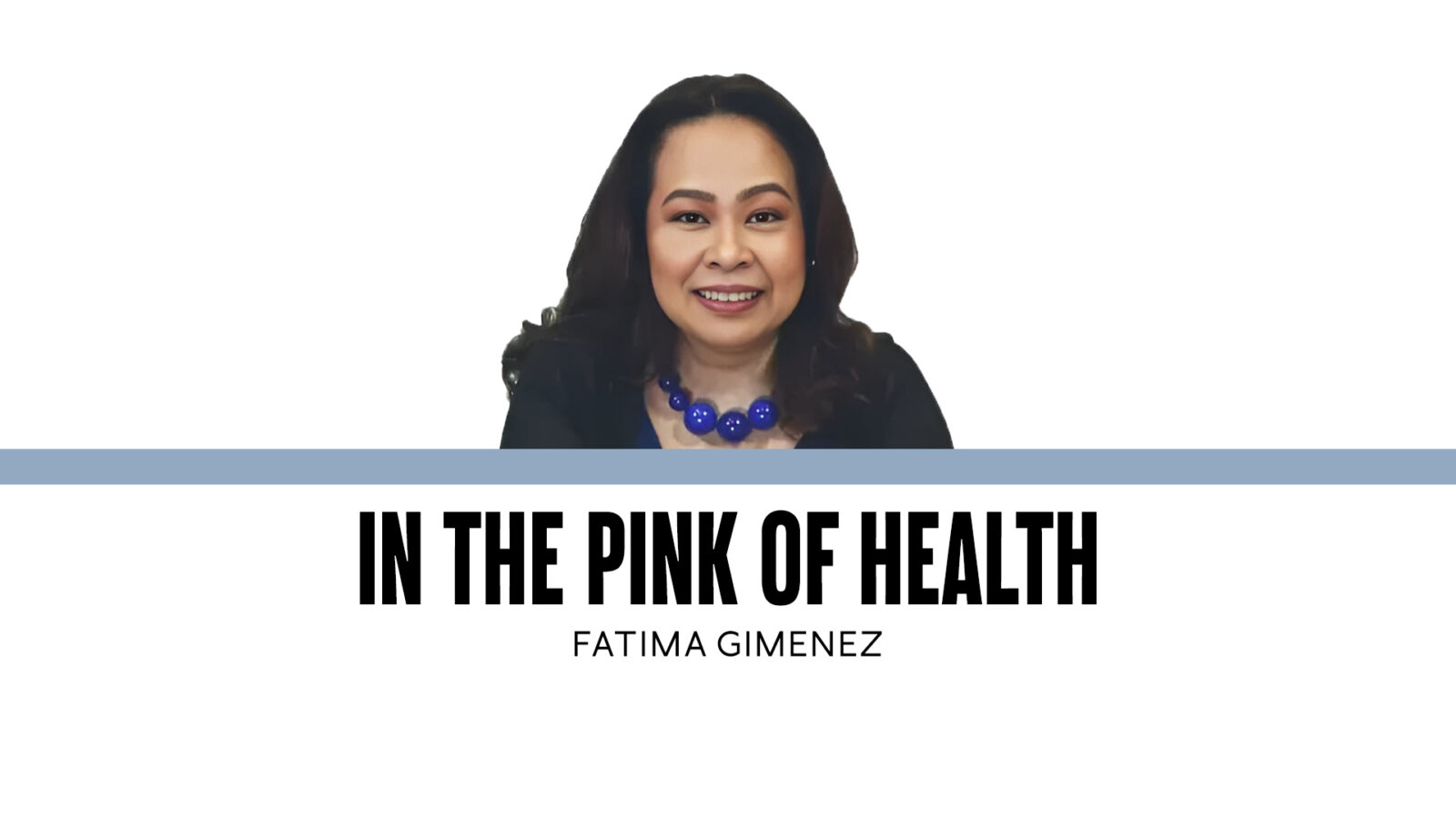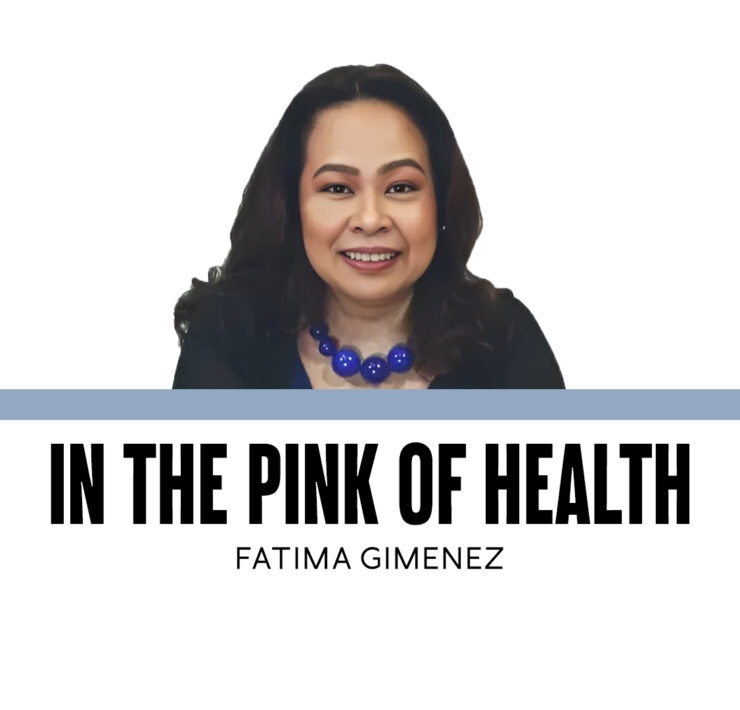Happy kidneys

In a fine dining restaurant, my then 7-year-old nephew asked for iced tea. The waiter, in an indulgent tone, said that he would have to see if it was available. Encouraged, my nephew innocently asked, “Is it bottomless?” We all ended up laughing.
This memory was triggered by a conversation with a good friend, a pediatric nephrologist, who asked me if I had heard of the term iced tea nephropathy. Shaking my head sideways, what was a fond remembrance suddenly gave me the shivers, thinking of all the times that we had allowed him to indulge in several servings. She shared a case published in 2015 in the New England Journal of Medicine of a 56-year-old patient who presented with progressive renal failure and required dialysis. His urinalysis had shown an abundance of calcium oxalate. A subsequent biopsy on the background of a normal ultrasound and rapid clinical course revealed findings that were diagnostic of oxalate nephropathy. He had no predisposing factors, such as a family history of kidney disease, kidney stones, or known medical conditions. However, he admitted to consuming 16 eight-ounce glasses of iced tea daily. This was, in all likelihood, the reason why his kidneys failed. Apparently, 84 percent of teas consumed in the United States are black tea, which is rich in oxalates. Our common concern with iced tea has always been the sugar content, and we know little about the other complications that can happen with consuming an excessive amount. To my knowledge, there have been no documented reports in the pediatric age group. Witnessing the rising number of renal diseases in children, let me share a few reminders on how we can all start taking better care of our kidneys.
We may be all too familiar with diabetes and the need to control levels because of multi-organ complications, which include the kidneys. A key finding from the 2023 National Nutrition Survey shows that two out of 10 Filipinos aged 20 to 59 are prediabetic. This is data that is very concerning. You may ask, aren’t people aware that unhealthy habits, such as poor diet and lack of exercise, can lead to type 2 diabetes? Results from the Health Promotion Literacy Longitudinal Study by the Department of Health, which is aimed at gathering data on a regular basis, on the knowledge, attitudes, practices, and barriers to a healthy diet, revealed that despite widespread awareness, few people had little knowledge about what food to limit. Additionally, there was a high consumption of highly sugary and salty food, which was seen more among the younger age group. “Money, access, and time” were the challenges that were cited as barriers to healthier diets. Time was an issue for those who could afford and there was the element of the ready availability of fresh produce.
What to do and where to start?
The benefits of breastfeeding are well established. From the start, we should encourage breastfeeding as much as possible for the first 1,000 days of life. Avoid adding too much salt and sugar to the diet once complementary feeding has started. Be mindful of the sugar (both natural and free), salt, and unhealthy fat content in the food or drink you give to your children. While it may be time-consuming, reading the product labels should become a regular habit.
Avoid highly processed foods. These are rich in calories from the big three mentioned above and do not provide the nutrients essential to a child’s growth and development. According to a report published by Unicef in 2021, these were identified as the main drivers for being overweight and obese.
Keep moving. Engage in physical activity. We spend so many hours glued to our phones and computers. To complement limiting intake of salty and sugary foods, maintaining a healthy weight and controlling blood glucose, regular checkups and daily exercise are always beneficial—not only for your kidneys but also for your overall health. I remember my late grandfather, who lived to be 94 years old, who ate very little but remained very physically active. It was only in his later years that he had antihypertensive medications, and he remained mentally sharp until the last two years before he passed. This is not to discount the factor of genetics.
Review your medications and discuss with your health-care provider if these may have adverse effects on your kidneys if used long-term. Nonsteroidal anti-inflammatory drugs are sometimes abused as pain relievers and taken without a physician’s advice.
My late father said that water is the most precious drink. Late into his cancer journey, he would always try his best to consume eight glasses per day, even though it tasted like metal. It is imperative to be adequately hydrated so that we can ensure that our kidneys function properly and get rid of unwanted toxins from our bodies.
Water is life.
—————-
timgim_67@yahoo.com


















The economic potential of PH coconut and abaca